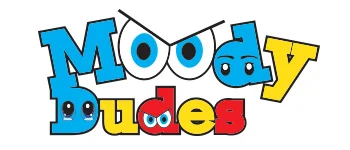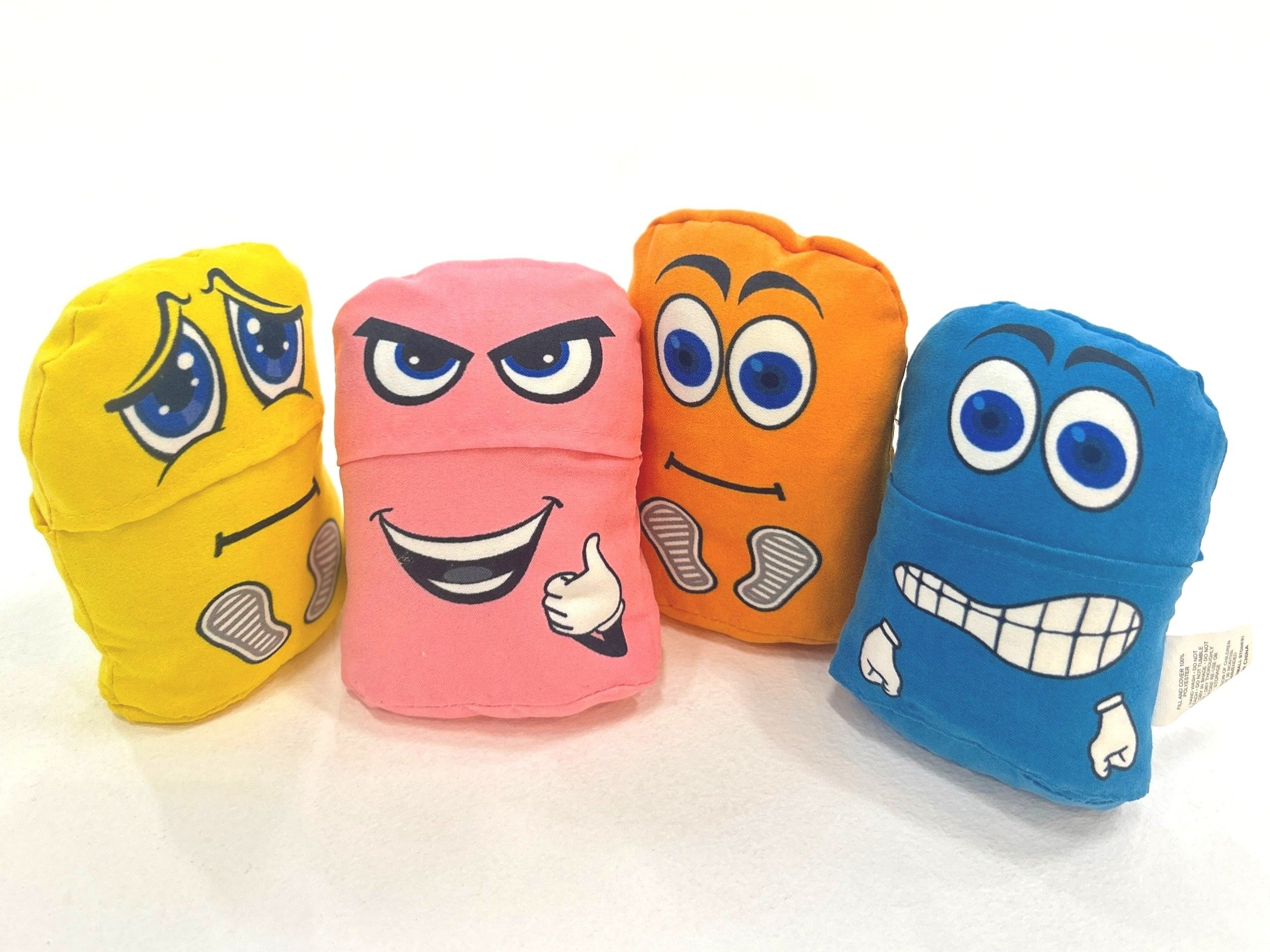Emotional development in children is crucial for their overall well-being and future success. Here are some practical ways to help kids enhance their emotional development:
1. Encourage Open Communication
It is essential to create a safe space where children feel comfortable expressing their thoughts and feelings. Encourage them to talk about their day, their emotions, and any challenges they face. Active listening and validating their feelings can build their emotional intelligence and self-awareness.
2. Practice Mindfulness and Relaxation Techniques
Introducing mindfulness exercises, such as deep breathing, meditation, or yoga, can help children manage stress and develop emotional resilience. These practices encourage kids to stay present, recognize their feelings, and respond to them thoughtfully rather than impulsively.
3. Model Healthy Emotional Behaviours
Children learn a lot by observing adults. Demonstrating healthy emotional behaviours, such as managing stress calmly, expressing feelings appropriately, and showing empathy, can teach kids how to handle their emotions in a constructive manner.
4. Encourage Creative Expression
Activities like drawing, painting, or writing can provide an outlet for children to express their emotions. Encourage them to use art as a way to explore and communicate their feelings, which can be particularly helpful for those who find it difficult to express themselves verbally.
5. Use “Moody Dudes” for Emotional Learning
Moody Dudes are a fantastic tool for helping children understand and express their emotions. These plush toys come with eight interchangeable faces, representing different emotions, and are available in four fantastic colours. By allowing children to choose and change their faces, Moody Dudes can help them identify and articulate their feelings. This hands-on approach makes learning about emotions fun and engaging, fostering better emotional regulation and empathy.
By integrating these strategies into daily routines, parents and educators can support children in developing strong emotional skills. Tools like Moody Dudes make the process interactive and enjoyable, ensuring that kids not only understand their emotions but also learn to manage them effectively.

